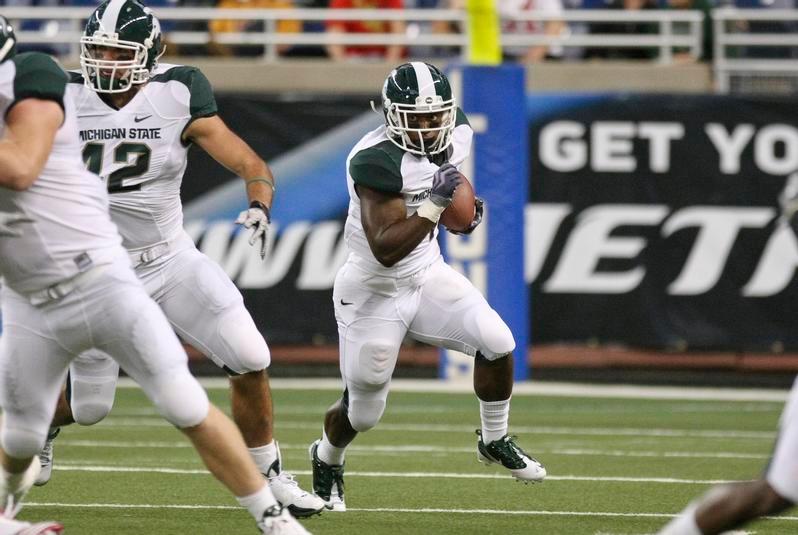•
Written By
Written By
•
•
•
Loading article...
Written By
Written By
Written By
Omar-Rashon Borja
Senior Writer, Editor, Historian
Written By
Omar-Rashon Borja
Senior Writer, Editor, Historian

In 2019, Minnesota played two of its biggest home games since the Eisenhower administration when they hosted #4 Penn State at home on November 9th as the 17th-ranked team in the country and three weeks later on November 30th when they were ranked #8th in the country and hosted the #12 Wisconsin Badgers for the West Division crown and a chance for the Gophers to come one step closer to their first Rose Bowl since 1962.
Both games had something in common. Despite being prime time material, both games were played in the daytime with the Penn State-Minnesota game getting a Noon ET kickoff on ABC to avoid competing with the #1 vs #2 matchup between LSU and Alabama and the Minnesota-Wisconsin game receiving a 3:30 ET kickoff on ABC. While controversial to college football fans outside of the Big Ten, this had long been protocol for the conference as the conference required special permission for November night games to avoid having fans outside in the Midwest night.
Fast forward to yesterday, and out of seemingly nowhere, Michigan State announced that noted USFL hub, Ford Field in Detroit, and not Spartan Stadium would host their Black Friday night Land Grant Trophy clash against Penn State. NBC of course would broadcast the game as a special “B1G Saturday Night (but on Friday)” game.
In a vacuum, this move is strange but understandable as a change of scenery is cool from time to time for schools like Michigan State, but earlier this week, an ESPN piece reported several moving pieces caused conflict between the Big Ten and its new media partners. One point of contention was November night games which were not discussed and hardly mentioned if at all before the signing of the deal.
In this context, the moving of the Land Grant Trophy game from East Lansing to Detroit goes from a move by Michigan State administrators to bring a new atmosphere to an overshadowed rivalry to greedy administrators sacrificing gameday experience to appease filthy-rich TV partners.
So why did I begin this story with a brief flashback to Minnesota’s epic 2019 season? If Michigan State-Penn State is any indicator of things to come, then Minnesota along with Purdue and Indiana may lose pivotal November games on campus to satisfy NBC and their “B1G Saturday Nights.” Along with Ford Field, Minnesota’s US Bank Stadium and Indianapolis’ Lucas Oil Stadium are the other two indoor stadiums in the Big 10’s Midwest footprint.
Realistically, we could see NBC decide to move the Minnesota-Wisconsin game to US Bank Stadium or the Old Oaken Bucket game to Lucas Oil Stadium for TV purposes. Another possibility is the Big Ten purposely scheduling the Minnesota or the Indiana schools’ home games against Michigan and Ohio State in November to force the schools to move the games indoors and fill a primetime slot.
Rather than facing friction from other schools who have to play outdoors, NBC could save itself the headache and just offer financial incentives to Minnesota, Purdue, and Indiana to host one of the league’s cash cows.
Personally, I am a fan of neutral site games. It brings college football to the roots of its postseason. Roots based in commerce and tourism. When it comes to the Power Five and FBS, neutral site games should be reserved for non-conference games and not yearly rivalry games. Taking away the on-campus environment from a rivalry takes away much of what makes these types of games special.
Had Michigan State moved its home games against Central Michigan or Richmond to Ford Field, it’s likely there would be few complaints. But moving Michigan State’s year-end rivalry shows that very few games are safe from the puppeteering of TV partners. I can’t help but think that situations like this one will occur more often with NBC pushing for a weekly night game.